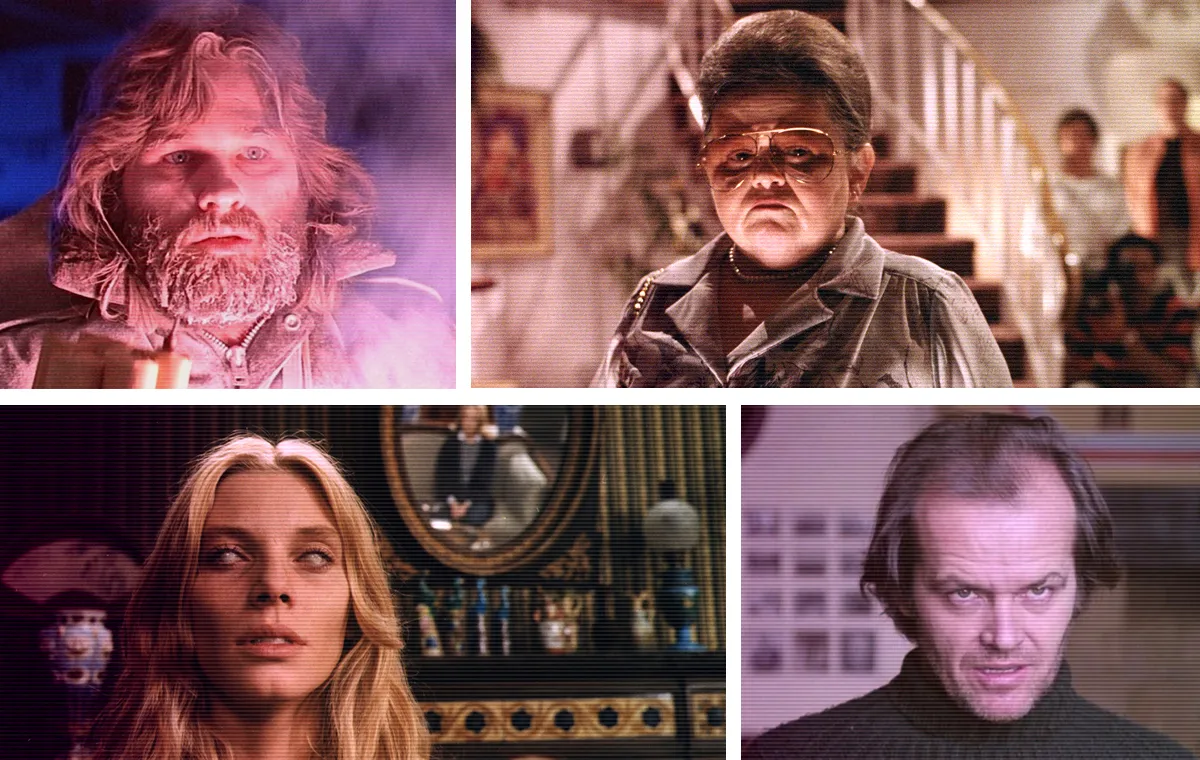The Social Network hits theaters today, as you’ll know if you’ve been following tech news, movie news, celebrity news, Taiwanese CGI news, or just about any kind of news, the so-called “Facebook movie” is kind of a big deal. In its corner, the movie’s got a star-studded cast, stratospheric reviews, and even some (very premature) talk that it could be the movie to beat for Best Picture. Against it: The man it’s based on, Mark Zuckerberg.
The jury’s still out on whether The Social Network positively or negatively depicts Zuckerberg, although the general picture painted by reviews is that Zuckerberg (played by Jesse Eisenberg) comes across as charismatic, awkward, brilliant, and flawed. (I haven’t seen it yet, so I can’t weigh in). In a sense, though, the reality of it doesn’t really matter: The perception, fanned by a hyperbolic tech press, is that Zuckerberg and Facebook are scared stiff of the movie, and that even Zuckerberg’s $100 million grant to the New Jersey public school system was a shallow PR play to counter bad publicity from the movie.
All of this is overblown and a bit offensive in its cynicism, but that’s not to say that team Zuckerberg hasn’t pushed back against the movie at all. In an interesting article, The Hollywood Reporter exposes the more nuanced PR strategy undertaken by Zuckerberg and Facebook in anticipation of the movie.
Zuckerberg chose not to hire a crisis PR team, instead employing a counterstrategy created by his company’s internal corporate communications group and Outcast, its usual PR agency.
A decision was made that Zuckerberg, fearful of how his reaction might further fuel interest in the movie, would not publicly slam the film. Instead, Facebook put forward friends like Chris Hughes, a company co-founder who left in 2007 to join the Obama presidential campaign, to challenge the depiction of Zuckerberg in an August story in the New York Times.
…
When pressed about the movie at public functions, Zuckerberg has playfully dismissed it as “fiction.” But he has been careful not to seem too peeved by it or to attack director David Fincher or screenwriter Aaron Sorkin; Zuckerberg even cited Sorkin’s “The West Wing” TV series as one of his favorites.
…
[A publicity strategist said that] “Quite often, people will put together these legal-style briefs saying what’s real and what’s wrong,” he added. “Facebook didn’t do that. They were smart enough to know that that didn’t matter. They just said the story in the movie isn’t the real story. When you’re in one of those battles for perception, all that matters is the net positive.”
More at The Hollywood Reporter.








Published: Oct 1, 2010 10:17 am